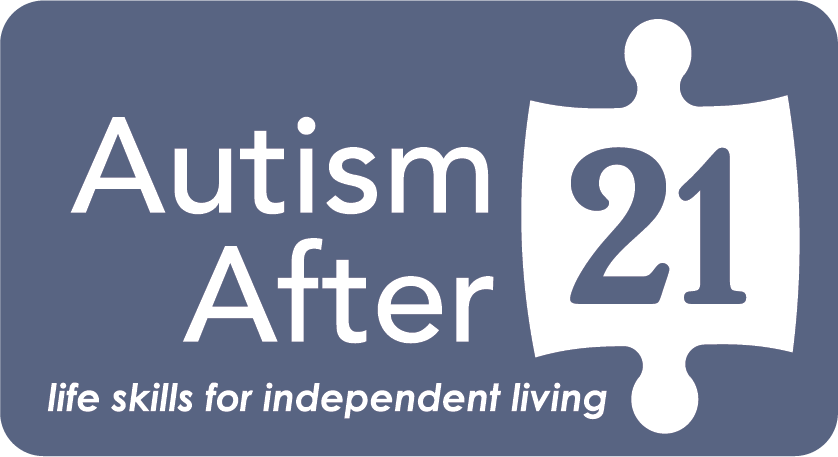
RESOURCES
A PARENT’S JOURNEY IN THE EARLY YEARS
Trust your instincts when your child is young
Build a support system, open communication with partner, spouse, family and friends
Discuss concerns with professionals
Visit Child Find for free evaluation prior to age 3 they give evaluations and services
School District after age 3 will provide evaluation and therapy
Explore private therapy at centers or in your home if available and affordable
Discovery what your insurance benefits will cover
As early as possible go through the State Med Waiver process and get on the waiting list, waiting lists typically last for years even a decade to receive funding
Contact APD (Agency for Persons with Disability in your state) Find our what’s available and what you can qualify for
If needed look into EBT food benefits
Medicaid for health benefits and prescription coverage
SCHOOL YEARS
Develop a productive working relationship with school professionals and ESE departments (Exceptional Student Education)
Learn how to communicate effectively with your child’s teacher
Attend open houses to meet everyone and other parents in your child’s class, can be a great support system over the years
IEP (Individualized Education Plan) prepare and plan for these meetings carefully, they can hold the district accountability for what services YOU want for your child and what they can provide. Sometimes this requires pushing for what you think is best. As your child gets older have them express their wishes in this process as well. By high school the student should be heavily involved in this process to the best of their ability.
Advocate for mainstream activities as much as is appropriate for your student
Don’t’ over the chance to have the student get involved in clubs and sports teams where possible
Once in high school begin working with vocational rehabilitation for services available after age 14 and for a lifetime of supports. Anything related to gaining employment is possibly funded by the agency. Learn how they are and what they do
Explore community-based education opportunities if your school offers them including work based learning programs
As graduation nears, you should be already working with vocational rehabilitation, looking for providers like Autism After 21, a nonprofit that provides transition services to young adults
Look to start exposing your student to pre employment training, career assessments, career exploration, post-secondary education , vocational schools, volunteering in the community, internships, peer mentor programs, programs like SOAR where students learn independent living, social skills, executive function and job readiness
Learn public transportation
Give them a chance to get a driver’s license if they are capable.
AT HOME
Make children responsible at a young age, even the tiniest task for them to do can lead to big things
Routines are important
That being said - you must be flexible, many days just won’t go the way you were hoping
The number one thing I can say, take care of yourself. Allowing time for rest, healing, grieving and time for your own passions make you a more productive, focused parent Remember this is for a lifetime not just when your child is young. It can be exhausting, take help when you can get it. Support groups of any form are a must, you must be able get emotions out and be validated in a safe space. This can be your spouse, partner, other parents, family, and friends. Does not always have to be paid therapy.
Celebrate every step forward no matter how small
Make your other children significant as well, engage with their feelings as often as possible at every stage
Crying is allowed whenever you feel like it!












